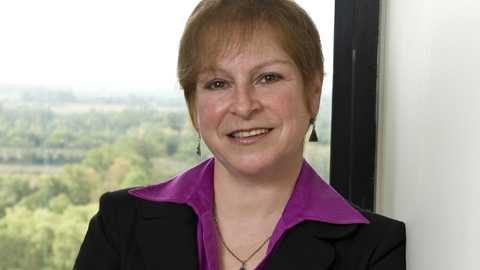Blog Contributor: Shanen D’Souza

Photo: Engine room at the Central Utilities Building, Brock University
Facilities Management (FM) is the department responsible for all activities related to the maintenance, operations and development of Brock’s facilities and grounds. The department is heavily focused on sustainable development and the functioning of the campus. FM is always looking to reduce its impact on the environment and community around us. The recent grant of $75,000 awarded to Brock by the Ontario government to install 10 new electric vehicle charging stations is a testament to FM’s continued work towards Brock becoming a more sustainable campus.
In the past year, the efforts of Facilities Management have reduced the energy consumption of the university as well as its greenhouse gas emissions. These efforts have also created thousands of dollars of yearly savings for the university. Installing new Variable Frequency Drives to two return fans in the Schmon Tower has led to over $86,000 in savings and 456,000 kWh in energy saved! These frequency drives coupled with a new high efficiency motor reduce the energy consumption of the Tower, the most used building on campus. Even a simple change in the LED lighting in both the 1st and 5th floors of the Tower have resulted in annual savings of over $3,000 and 17,000 kWh in energy.
Another notable initiative by FM was the recommissioning of the Chiller in the Plaza building. A chiller is a machine that is used to cool the various buildings on campus. By using the Central Cooling Loop on campus instead, FM was able to shut down the Plaza chiller, as the Central Loop provided the necessary cooling on its own using innovative engineering methods. This has resulted in over $82,000 in annual savings and 435,000 kWh saved of energy. Subsequently, recommissioning the electric boilers in Decew Residence is now saving the university $140,000 annually and reducing energy consumption by 75,000 kWh!
These proactive projects, along with several others in the last year, have cumulatively saved 1,750,000 kWh of energy and $332,000 on an annual basis! As the Facilities Management department leads Brock’s structural initiatives towards sustainability, the campus as a whole, can reduce its environmental impact and continue to be a good social citizen in the community.



















